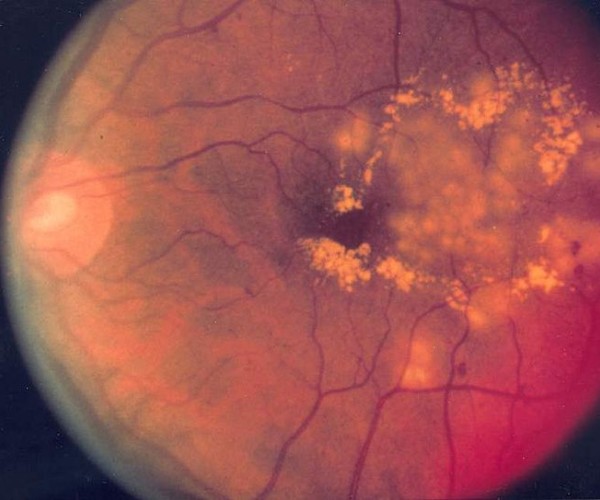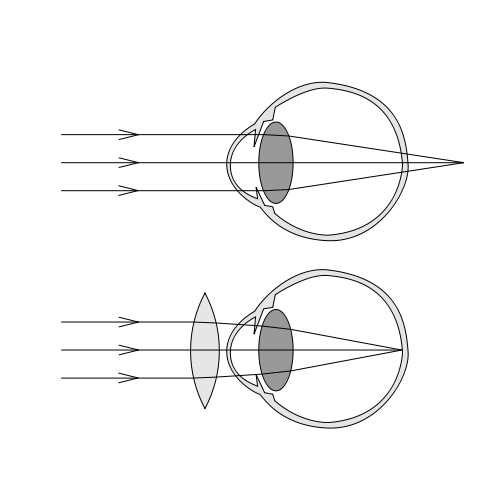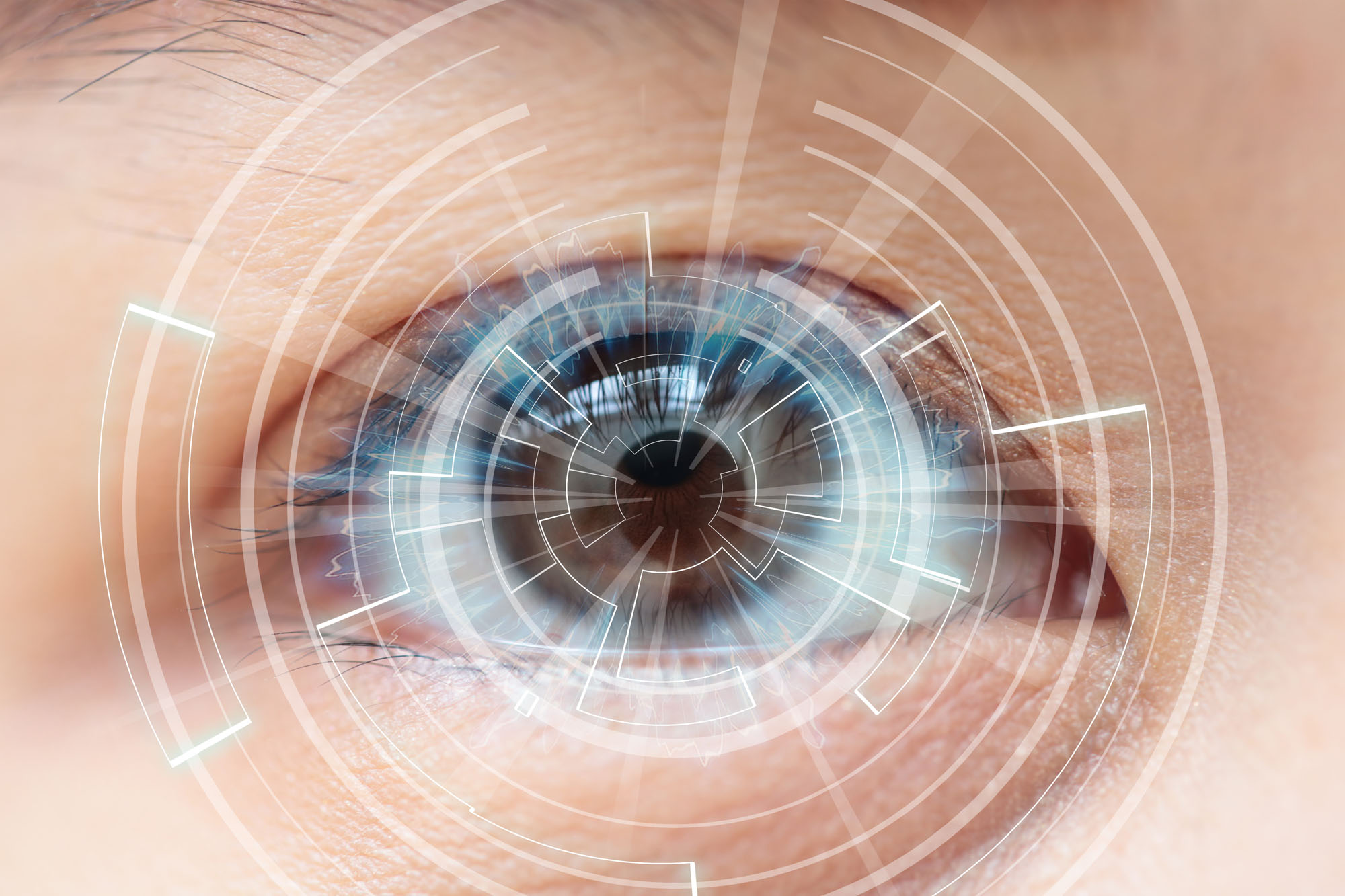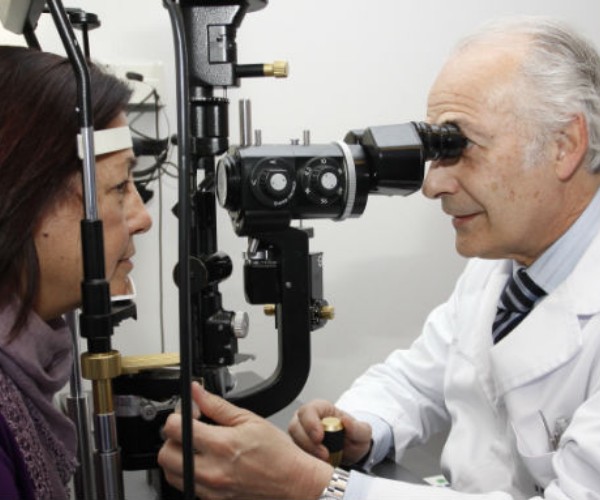According to research conducted by Bernhard Sabel, director of the Institute of Medical Psychology at the German University of Magdeburg and published in the EPMA Journal, stress is also bad for your eyesight.
Being prolonged exposure to stressful conditions contributes to vision loss or if already present, accelerates the progression of this problem. Accumulated tension and anxiety can, therefore, act negatively on vision, damaging it irreparably. The symptoms of this disorder often come suddenly and are varied, ranging from eyelid flickering to loss of vision.
Those who are especially at risk are those with vision problems, but it also affects those with healthy eyes.
The research, through which numerous clinical trials and previous studies were considered, found that conditions of chronic stress can cause the loss of vision constant over time and to aggravate serious diseases such as the glaucoma and age-related macular degeneration. Glaucoma is an eye disease that affects the optic nerve and is related to excessive pressure inside the eye. It occurs at the time when the pressure is highest. The most likely cause is cortisol, the stress hormone, which repeatedly enters the bloodstream, becoming the culprit of some serious diseases, just like glaucoma.
“There is, in short, the influence of an important psychosomatic component in vision loss.”, explains Sabel, who points out that the study indicates to adopt a Psychosomatic approach in ophthalmology, which could have positive consequences for patients in clinical practice.It would be useful to set up clinical trials to check whether these stress-reduction strategies could be effective in slowing the course of progressive diseases.
Stress reduction strategies, such as meditation and yoga, could also be adopted by patients to improve the health condition of their eyes.


































































































